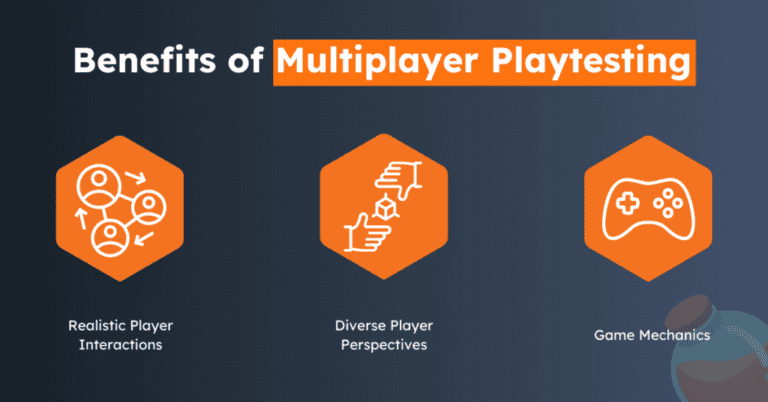The Art of Legacy Games: Evolving Storylines Over Multiple Playthroughs
Legacy games have taken the board game world by storm, offering evolving narratives and permanent game changes that unfold over multiple sessions.
Unlike traditional games, where the story resets with each session, legacy games allow players to influence the game world permanently, ensuring each playthrough is unique and connected.
Introduction: Why Legacy Games Are So Popular
Legacy games stand out due to their evolving nature. Every decision players make leaves a lasting impact on future playthroughs, creating a dynamic game world that evolves over time. This gives players a sense of ownership and progress, making the game feel more immersive and personal.
Permanent Changes That Build Engagement
One of the most compelling features of legacy games is the introduction of permanent changes. Whether it’s altering the game board, adding new rules, or even tearing up game cards, these irreversible decisions create a sense of consequence and gravity.
Storylines That Evolve
Legacy games often feature branching storylines, where players’ actions directly affect the outcome of the game. Players feel like they’re shaping the story with each decision, which fosters emotional investment and engagement.
- Personalized Narratives: In games like Pandemic Legacy, the storyline evolves based on player success or failure, making each playthrough unique and personalized to the group.
Player Ownership Over the Game World
Legacy games grant players ownership over the world they inhabit, offering them opportunities to customize the game based on their own strategies and story preferences.
Conclusion: Legacy Games as a Storytelling Evolution
The ability to evolve the game’s story, mechanics, and components over multiple sessions makes legacy games incredibly engaging. By allowing players to leave a permanent mark on the game, designers create a deeper connection to the storyline, ensuring that players remain invested long-term.
FAQs:
Q1: What is a legacy game?
A: A legacy game is a type of board game that evolves over multiple playthroughs, often incorporating permanent changes to the game board, rules, or storyline.
Q2: How do legacy games increase replayability?
A: Legacy games increase replayability by offering evolving narratives, changing game mechanics, and allowing players to leave a permanent mark on the game world.
Q3: Are legacy games designed to be played only once?
A: While some elements of legacy games are designed to be permanent, many can still be replayed with different story outcomes or character decisions.
Q4: How do player decisions impact legacy games?
A: Player decisions in legacy games directly influence the storyline and game mechanics, creating a personalized game experience that evolves with each playthrough.
Q5: Why are branching storylines important in legacy games?
A: Branching storylines provide multiple narrative outcomes, ensuring each playthrough feels unique and tailored to player decisions.







